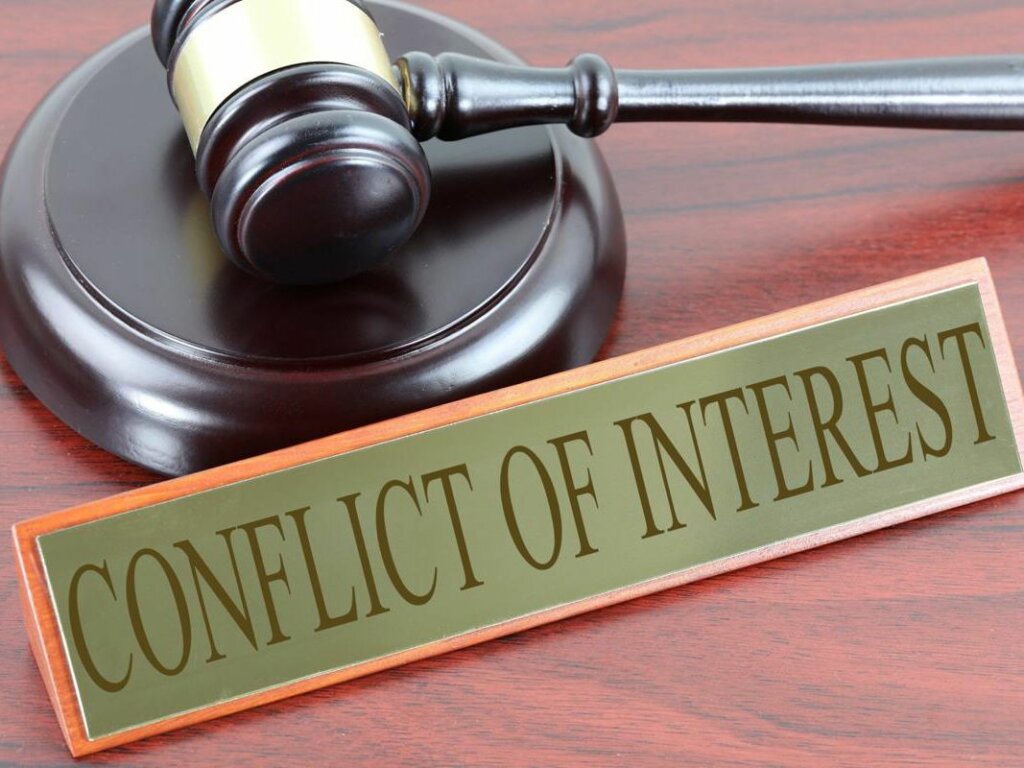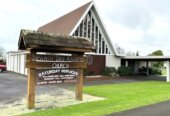
Susan O’Regan
Maybe it’s the lawyer in me, but events at Waipā District Council over the last few months have given me cause to reflect on the process of our decision-making and the importance of getting this right.
Standing Orders, Codes of Conduct and meeting etiquette are all things elected members are made aware of when first elected. However, putting these rules into practice is often harder than you might think. And getting them wrong means things can go pear-shaped, pretty quickly.
For those who follow our meetings, which are now livestreamed, you will have seen a regular Agenda Item 2: “Declarations of Conflicts of Interest”. This is an opportunity for councillors to let everyone know they are in a position which makes their involvement in decision-making around an item, improper or wrong.
There’s a variety of reasons. A councillor may declare a financial or even perceived financial gain from a decision. A councillor could be considered biased, having been shown to be closed minded about a specific issue. It is up to each councillor to declare their situation, meaning we rely wholly on the honesty and integrity of individual councillors. Our entire governance system is predicated on trust.
At our Strategic Planning and Policy meeting last Tuesday there were eight conflicts of interest declared. That is a lot. There are risks and dangers with this number of conflicts; even more so if conflicts aren’t declared.
When you become an elected member, you make a formal declaration to “faithfully and impartially, and in accordance to the best of my skill and judgement, execute and perform, in the best interests of the Waipa District, the powers, authorities, and duties vested in… me”. Our pledge is to make great decisions for the good of the entire district, not just ‘your’ ward, ‘your’ town or on behalf of groups you have been involved with. Councillors must park their biases outside the door for the purposes of making good decisions for everyone. That is a fundamental requirement.
 At that meeting, I addressed a couple of conflicts firmly. That was my job, as chair of that meeting. I did so because it is not possible to speak to a matter as a councillor neutrally and impartially and with ‘an open mind’, while at the same time holding and sharing a fixed position outside the Chamber. This is the very textbook definition of a “conflict of interest”.
At that meeting, I addressed a couple of conflicts firmly. That was my job, as chair of that meeting. I did so because it is not possible to speak to a matter as a councillor neutrally and impartially and with ‘an open mind’, while at the same time holding and sharing a fixed position outside the Chamber. This is the very textbook definition of a “conflict of interest”.
It is a complex issue. All councillors will, at times, have extra information they think could be helpful in the decision-making process. Given so many councillors are elected because they are active in their respective communities, this is not surprising.
But all councillors must leave any pre-formed positions at the door in order to make good decisions on behalf of the entire district. If you are a councillor, you must be impartial in your decision-making and you must also be seen to be impartial. This impartiality includes coming to the table with an open mind, free from bias.
If you cannot do that, you have a Conflict of Interest. And you must declare it and if necessary, abstain from voting on that issue. If not, our decisions can be successfully overturned if challenged and the integrity of our organisation can be called into question.
With local elections coming up this year, it’s a good time to remember what the role of governance is. As a councillor, it can be tempting to delve into operational matters. But that’s not our job. Our role as governors is to set the strategic direction and vision for the district, ensure there is sufficient funding available and hold the chief executive to account in terms of delivering those plans. We should be “nose in” not “hands in”.
Councillors have a key role in protecting the integrity of our institution by ensuring there is honesty, openness and transparency in the way we operate. Our residents and ratepayers must have decisions made on their behalf by people who are free of bias or favour. When they cannot be, or there is a perception they cannot be, they must willing to declare it.









